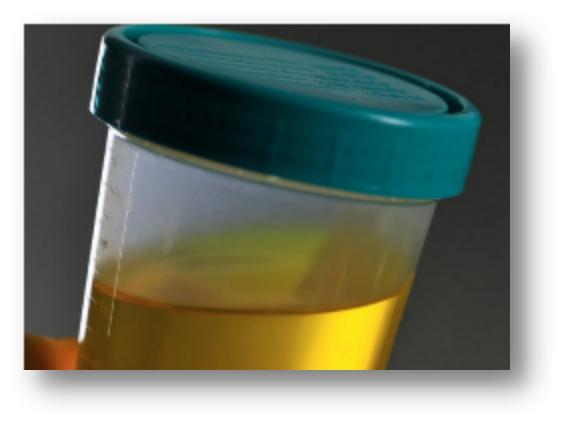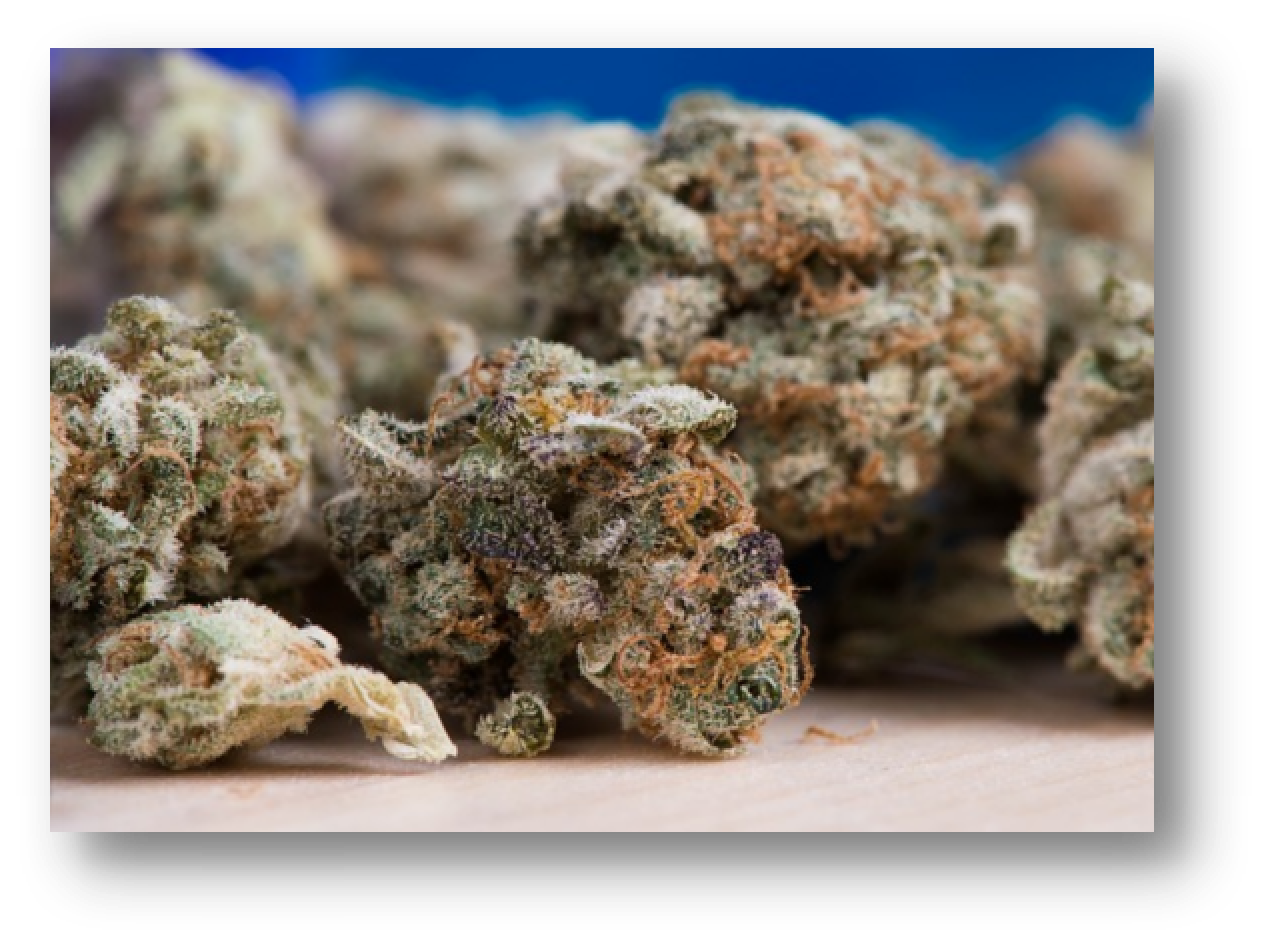Visit us Mon-Fri from 9:00am to 6:00pm
3825 Market St, Suite 4
Substance and process addictions are one of our nation’s major problems, that effects more than 20 million Americans. At Wilmington Mental Health, we are well equipped with our Outpatient Program to help individuals from all walks of li find a sober, more fulfilling lifestyle. We take a multi-pronged approach that includes psychoeducation , aftercare treatment , relapse prevention , and urine analysis for accountability.
Your therapist will determine how often samples are collected.


You can always start a conversation about mental health to make them aware of treatment alternatives and how professionals can offer support and assistance. Although you may not necessarily convince them to seek treatment at this time, it can make them aware that you are concerned and that they can count on you. Please call the National Suicide Prevention Lifeline at 9-8-8 or dial 9-1-1 for emergencies or immediate assistance.
